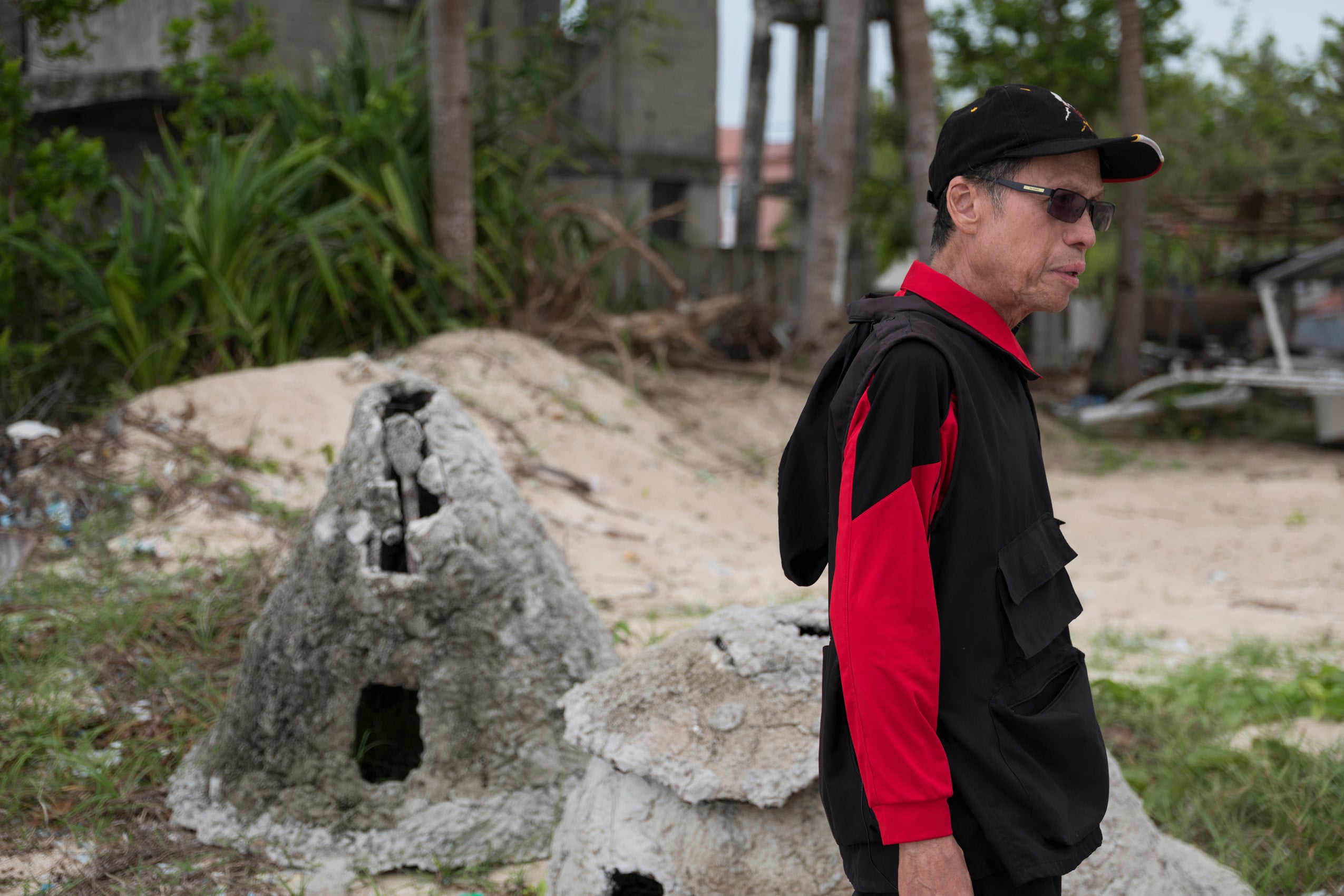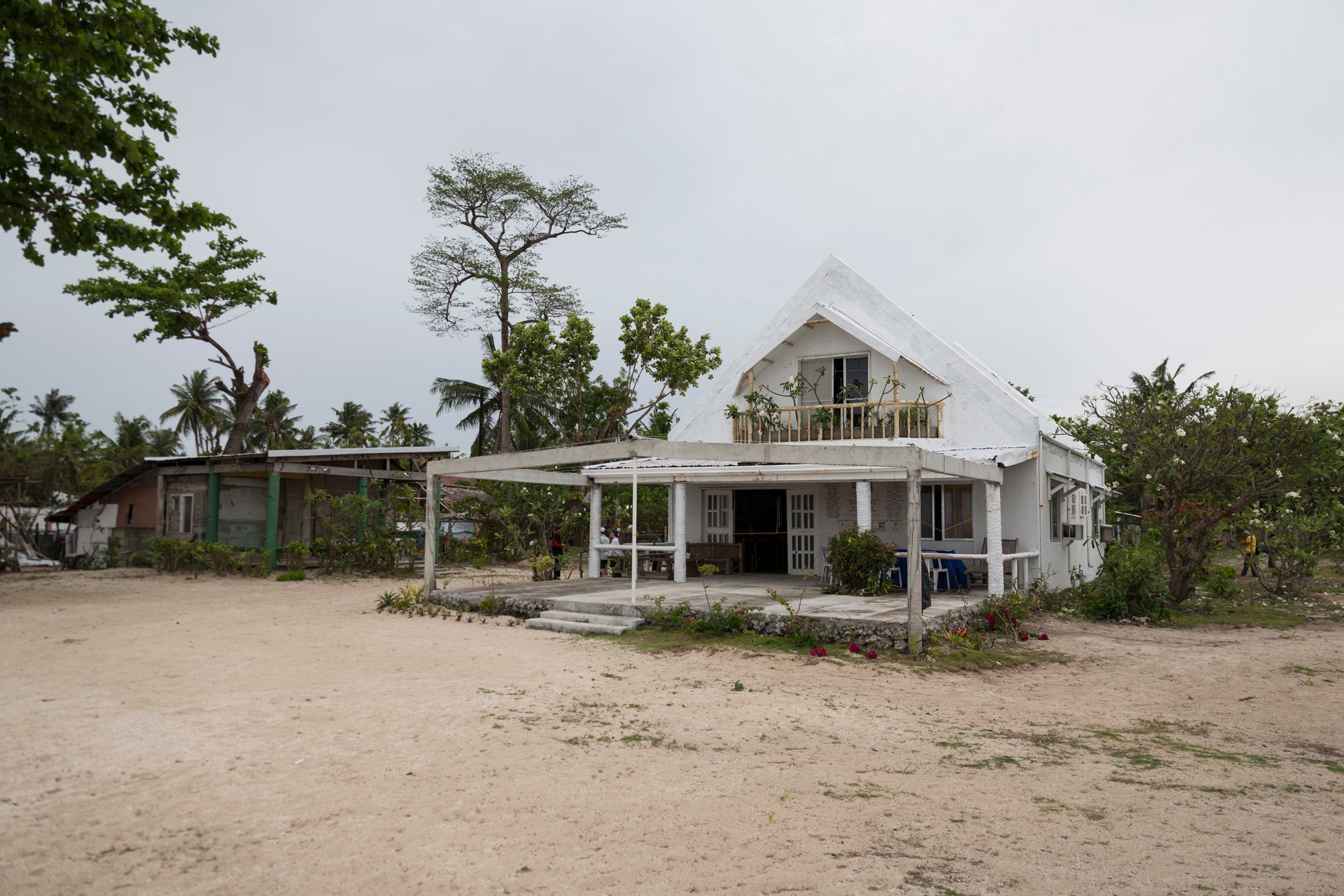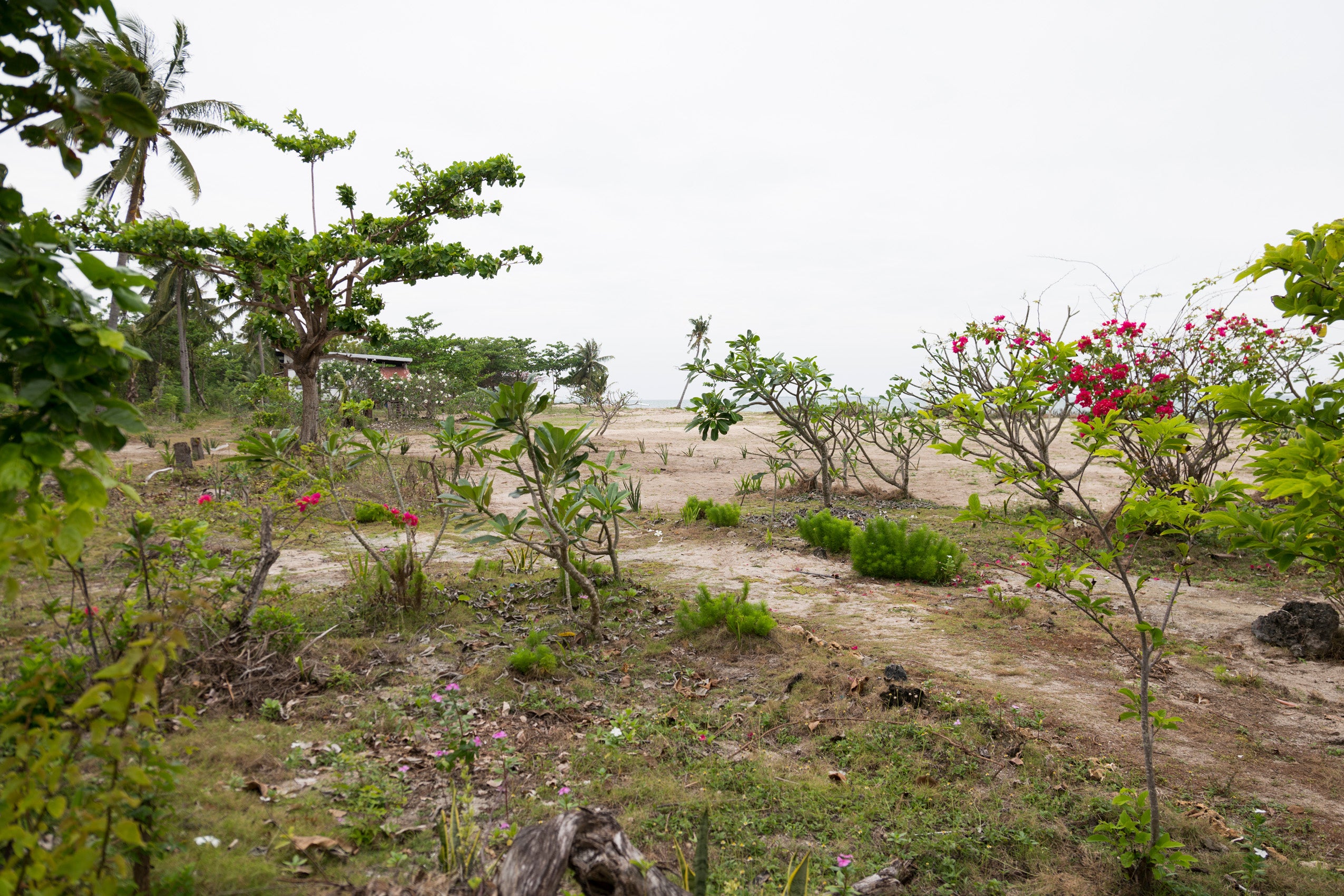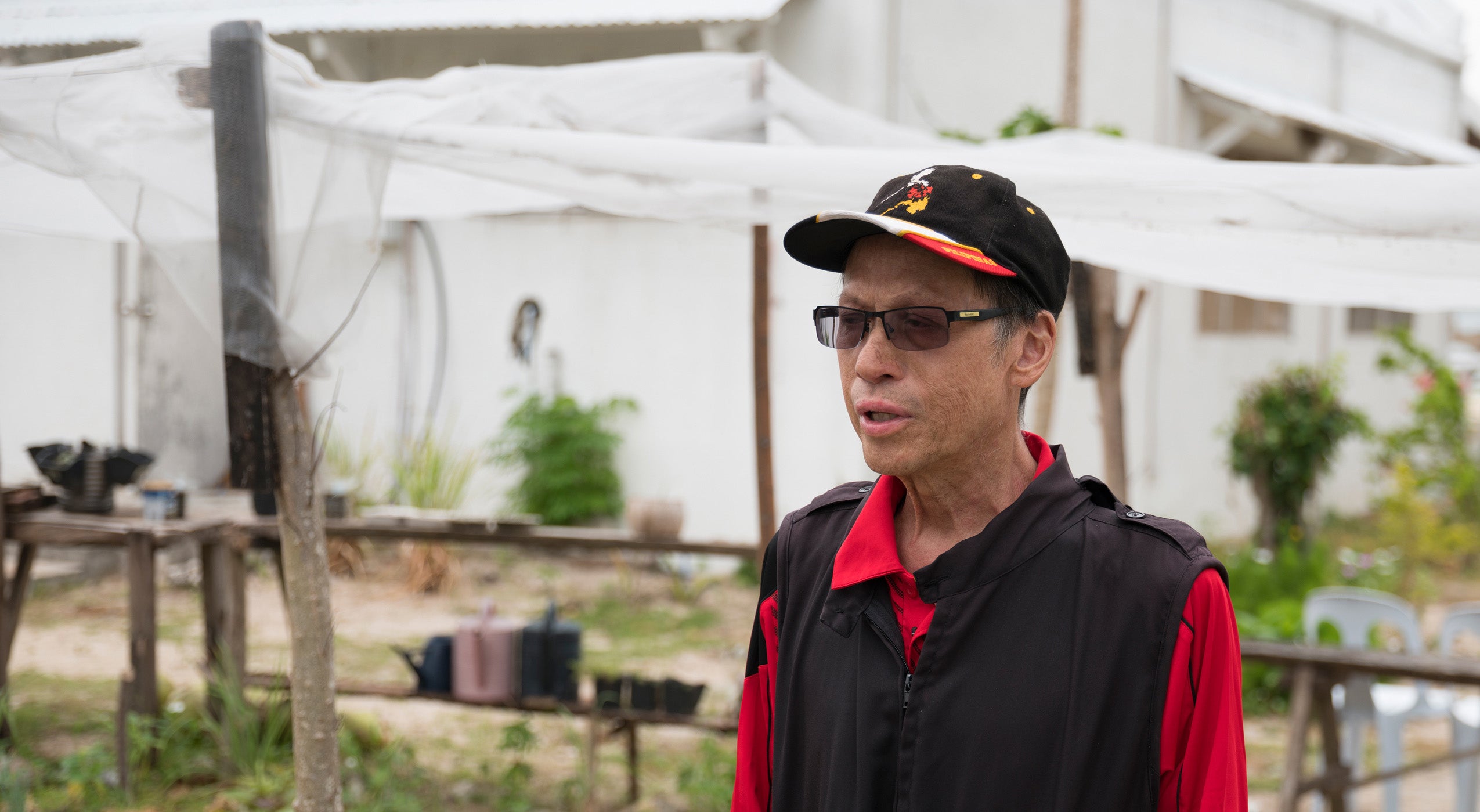On Bantayan Island, song birds chirp, the sea breeze blows, and nearby chickens cluck as Antonio Oposa Jr. LL.M. ’97 reflects on his legacy and efforts to bring environmental sustainability to his home country, the Philippines. His 1990 landmark lawsuit, Minors Oposa v Factoran, introduced the legal concept of intergenerational responsibility by asserting that the incessant logging of the country’s virgin forests infringed on the rights of children and generations of unborn Filipinos. In 2012, President Benigno Aquino III banned all logging in natural forests. “It took 22 years, an entire generation,” Oposa says, “it has planted a seed, and the seed is growing however slowly, however imperceptibly, but it is growing a little bit. You can only do so much in one lifetime.”
Oposa has been responsible for the cleanup of Manila Bay, has spearheaded efforts to reduce the blasting and over-fishing of the Visayan Sea, and has worked to increase road-sharing to reduce the country’s notorious traffic problems.
This month, though, Oposa’s efforts are focused on his marine sanctuary and environmental educational camp on Bantayan Island. Opened in 2007, it was devastated by a 2008 typhoon and then again by 2013’s Hurricane Yolanda. This Earth Day, the camp is reopening as SEA CAMP (Sea And Earth Advocates of Culture, Arts, and Music for the Planet), with an art center. “We are trying to reinvigorate the Filipino culture of sharing, caring, and honesty,” says Oposa, “we want people to look at it, to see how beautiful it can be, and say THAT is what the Philippines is if you only take care of it.”


















